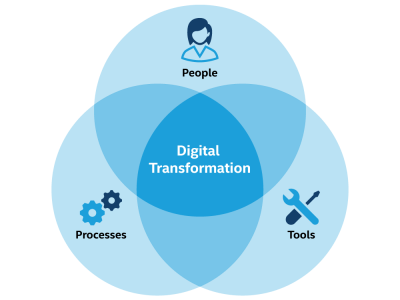In today’s fast-paced world with new apps being developed around the clock, we can all agree to the need for compatibility testing services. We as consumers want something relevant to all of us. We don’t want to use an app that fails to perform and be responsive across various devices.
We all prefer efficient and effective usage when it comes to our technological needs. That is where compatibility testing services come in handy. It allows the developer to have maximum outreach and a satisfied client base, pushing a firm’s reputation in the right direction. Making it a win-win situation for both parties.
To ensure software’s compatibility with elements of computing environment such as browsers (Chrome, Firefox, Mozilla, etc.), mobile devices, operating systems, databases and other base technologies, it is put through a series of non-functional tests.
Many software development companies outsource their software for compatibility and responsive testing services to experts in the field. Once the basics are sorted a software is ready to function smoothly across various devices and computing systems.
There are two types of compatibility testing, the first one being Forward compatibility testing to check for ability to work with newer versions of hardware software and the second one being Backward compatibility testing for previous versions of the software.
These tests can lead to various positive outcomes when it comes to the success of the software. We will discuss a few below to highlight the importance of this procedure before launching new software.
Reduce future help desk costs
In case a customer faces issues while trying to run software on their device they would reach out for customer support for the bug to be fixed. If the software, you develop fails to perform you would see customer-care related issues pile up. Not only do you face the cost of producing it but also of fixing it.
Hence, to avoid future helpdesk costs it is better to test your software for compatibility and responsiveness before its launch. This would reduce time consumption and weight on the budget that may arise later on while fixing issues.
Enhanced Software Development
Compatibility testing services includes many phases during each step of the software development process. Moving from one step to another, it provides technical feedback throughout to the software developer. All parties should be equally included in the development process. So that set goals can be accomplished through compatibility testing.
It allows the problems in the software development process itself to come to the surface. Which in turn can be used to ensure the assembling of a top-quality product. This is beneficial for software to reach the technological standards of this digital era.
Optimized for success
A product is only optimal when it meets all the requirements and standards expected of it. These standards depend on the market it is trying to reach. When a software undergoes responsive testing services it allows for it to be made in line with the demands of its expected users.
Not only that it also makes it possible to meet the needs required by the business. This combination guarantees that the software that is released is of ideal quality and is aimed for success.
Customer Satisfaction
A quality product is much likely to satisfy the consumer than a low-level option in its place. That is the whole point of this digital transformation service. By carrying out compatibility tests we can confirm the quality of our software before reaching it out to the customers.
Once the app is optimized it is much likely to deliver its planned quality in agreement with the user demands. Customer satisfaction is directly linked to well-tested software likely to run smoothly across OS like Linux, Mac OS, and Windows as well as different databases and browsers.
Scalability, Stability, and Usability
Software is said to be more scalable if it easily matches with varying needs need and demands of users. Stability comes in when a software remains efficient with respect to changing computing environments. Lastly, usability defines the ease and effectiveness a user faces while using the software.
All of the above can be ensured by compatibility testing services. By testing, we can check if these traits in software work smoothly across various technical mediums. No matter the computing environment with compatible and responsive software all users will enjoy the same benefits.
Sets precedent
Launching a software that runs efficiently and smoothly across various platforms, results in the creation of a positive name for your business in the market. It helps establish a reputation for you as a developer of efficient and quality software.
This would lead to increased business and bring about profitable opportunities through solid recommendations. Hence, we can conclude that compatibility and responsive testing services are important for the development of software.










